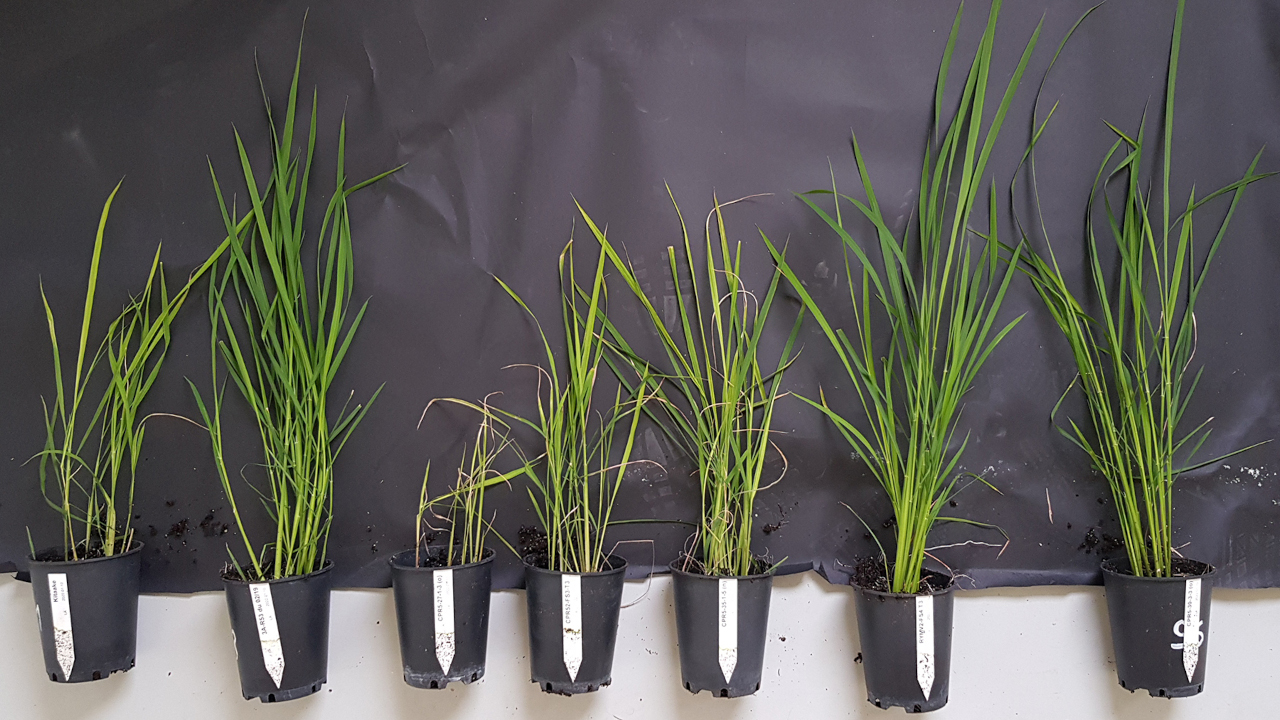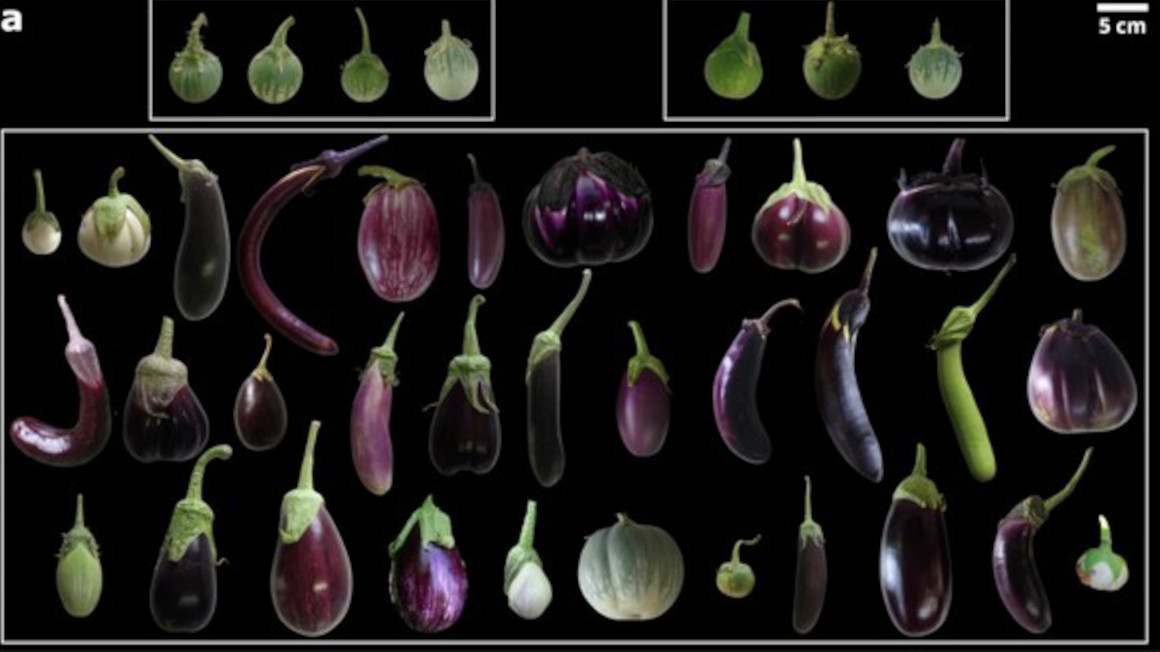Virus-resistant rice plants for Africa
A Franco-German research team has used genome editing to produce rice plants that are resistant to the Rice Yellow Mottle Virus (RYMV).

Rice is one of the most important staple foods in the world and is grown in many sub-Saharan African countries, among others. However, rice production in the region is threatened by the Rice Yellow Mottle Virus (RYMV). It leads to considerable crop failures, which can threaten the livelihoods of small farmers in particular. To counter this problem, researchers at Heinrich Heine University Düsseldorf (HHU), together with a team from the Institut de recherche pour le développement (IRD) in Montpellier, have developed the first RYMV-resistant rice varieties, which are intended to serve as a preliminary stage for genome editing of African elite varieties. Their results were published in the "Plant Biotechnology Journal".
Genome editing instead of conventional breeding
The RYMV virus is transmitted via animals or through contact between healthy rice plants and infected plants. Prophylactic measures only have a limited effect. "The only real protection is to develop rice varieties that have a resistance gene against RYMV, so that the plant would be immune," explains Yugander Arra, the first author of the study. In fact, there are already African rice varieties that are resistant to the virus. But they only produce low yields. Cross-breeding trials with other high-yielding rice varieties have not yet brought the desired success. The researchers therefore tested an alternative approach using CRISPR-Cas gene scissors.
Resistant rice plants with high yields
The genes responsible for the development of resistance in the low-yielding rice varieties were already known to the researchers. The RYMV2 gene - also known as CPR5.1 - proved to be particularly promising. It encodes an important protein from the pores of the cell nucleus. If it is switched off in the model plant Arabidopsis thaliana, the plants are immune to pathogens such as viruses, bacteria and fungi. But at a high price. Without the functional gene, the plants are severely restricted in their growth and hardly produce any seeds. To the researchers' surprise, switching off the gene in Asian rice plants of the Oryza india variety had a different effect. The plants became immune to the virus – but without any loss of growth or yield.
Genome editing of African elite varieties
The results of the team led by Humboldt Professor Wolf B. Frommer suggest that genome editing of the RYMV2 gene is a promising approach to combating the rice disease in Africa. The next step is to edit the relevant African elite varieties in the same way and make them available to small farmers in sub-Saharan Africa.
dpd


